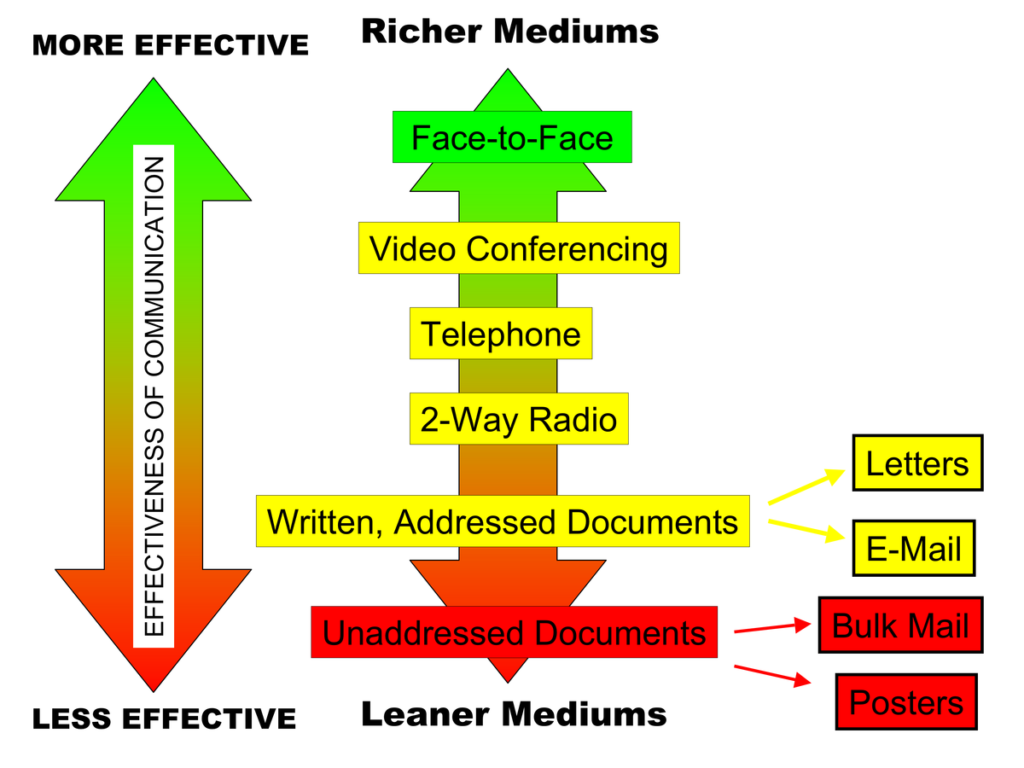Why Your Voice Matters More Than Your Words
Many public speakers spend too much time worrying about what they’ll say and not enough time on how they’ll say it. Studies have shown that your voice matters more than your words. And it’s not just in public speaking. The way you use your voice to convey meaning has implications for everyday life too.
Let’s dig into why your voice is more important than your words and break down the components of your voice so you know how to make yourself aware of it.
Voice helps you interpret intention
Listening to someone speak provides more context than reading an article. The speaker may say the exact same words that you read, but you assign your own meaning when you read. The way a great speaker uses their voice could provide a wholly different interpretation than what you imagined in your head.
Consider this two-word sentence: “What’s that?”
Now, imagine all the ways you can say these two words. With disgust, surprise, joy, suspicion, anger, confusion, fear, or wonder. You can even say these two words to ask someone to clarify. When you first read the sentence “What’s that?” you undoubtedly assigned some kind of meaning to it and you probably read it differently than someone else might have.
Voice provides context and conveys meaning — two things that are indispensable for effective public speaking. When addressing an audience, you also have another tool at your disposal: your gestures and facial expressions. By combining your words, voice, and visual cues, you should be able to get your exact meaning across.
Media richness theory: the importance of voice
One way to explain why listening to a voice communicates more meaning than reading a text is with the media richness theory (MRT).
Richard L. Daft and Robert H. Lengel introduced MRT as an extension of information processing theory in 1986. MRT evaluates the richness of communication media, such as text messaging, phone calls, and gestures. The theory states that media that clarifies ambiguous issues or different frames of reference are richer than other media that cannot.
MRT can explain why listening to a podcast is a more effective way to understand meaning than reading a transcript, or why you can’t pick up on your friend’s sarcasm in their text messages. Written text is less rich than an audio recording, and an audio recording is less rich than a video call. Rich media can:
- Handle multiple information cues simultaneously
- Facilitate instant feedback
- Establish a personal connection
- Utilize natural language
- Overcome ambiguity

According to MRT, the richest communication medium is face-to-face. Public speaking, therefore, allows you to convey a high degree of meaning by using your words, voice and gestures. So don’t over-fixate on writing your speech; there are tips for composing speeches, work more on your voice if you want to give a memorable address.
Voice and first impressions
People create a first impression of you as soon as you start speaking. In fact, someone will draw conclusions about your trustworthiness, dominance, attractiveness, and warmth in the first 300-500 milliseconds that you speak, according to a 2014 study at the University of Glasgow. By the time you say, “Hello” to another person, they’ve already sized up your personality!
Public speakers should keep this data in mind. The moment you open your mouth and let out your first word, the audience will form an impression of you. If you want it to be a good impression, you have to start with the right voice.
The components of a voice
If you want to be more aware of your voice when you speak publicly, you need to know the four components that comprise your voice:
- Tone: Your tone conveys your emotion, whether it’s angry, sad, frustrated, or joyful. The pace and rhythm of your speech also contribute to tone.
- Pitch: Pitch is the degree of how high or low in the range you normally speak.
- Volume: Volume can make you sound confident or angry. It’s important that you learn how to control it and choose your volume carefully.
- Pace: Your pace is how quickly or slowly you speak, and like tone, it can also communicate emotion. Fast-talking can denote anger, nervousness, but it can also showcase passion and enthusiasm.
Learn to say it better
Your voice is key to having others fully understand you. Learn to use it well so that your audience fully appreciates what you have to say.





